Resource Archive - Low- and Moderate-Income Clean Energy
SEARCH RESOURCES
You can also search by author name.
RESOURCE TYPES
RESOURCE TOPICS
RESOURCE PROJECTS
RESOURCE YEARS
This case study analyzes six programs conducted by the Energy Trust of Oregon that have shown success in building meaningful and impactful relationships with community representatives. These programs can serve as a model for other state agencies seeking to develop relationships with community partners in order to better meet their shared goals.
This report explores how philanthropic foundations have supported the deployment of solar and solar plus battery storage in low- and moderate-income communities in the United States.
CESA submitted a response to a RFI from the US DOE about two programs authorized by the IRA — Home Efficiency Rebates and Home Electrification Rebates.
This report outlines how different states view the equity implications of climate impacts, and what they are proposing for mitigation solutions, planning processes, and implementation processes. It identifies common themes and best practices, and it presents a selection of relevant case studies and examples.
This Clean Energy States Alliance report explores how SEAs are currently working with CBOs on equitable solar policy, and the barriers to successfully implement these policies. The report is based on a survey of SEAs conducted by CESA in conjunction with Energy Trust of Oregon and Kim Wolske of the University of Chicago.
California’s Solar for Multifamily Affordable Housing program is an excellent example of how state energy agencies and community-based organizations can work together to create more impactful and sustainable solar programs that provide the maximum benefit to environmental justice communities.
This report identifies, collects, and summarizes all the equity-related provisions that have been included in the legislation and executive orders that have established 100% clean energy goals in 20 states and the District of Columbia.
This report presents case studies of the six recipients of the 2022 State Leadership in Clean Energy Awards.
In 2015, Connecticut Green Bank, in partnership with the solar and energy efficiency company PosiGen, launched a solar leasing program that targets low- and moderate-income homeowners. This study shows that the program has successfully reached underserved customers and has reasonable repayment rates given the credit characteristics of the participants.

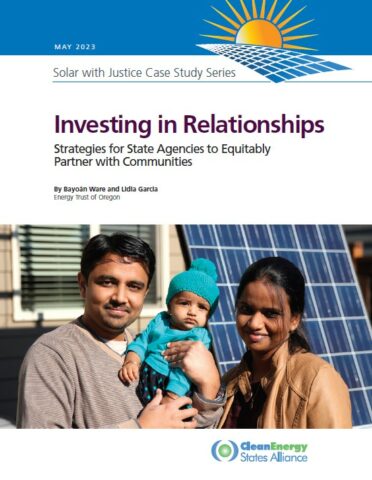
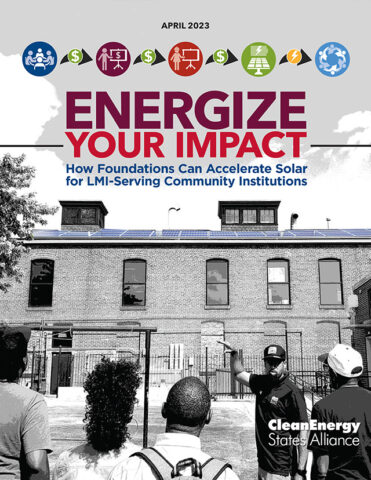
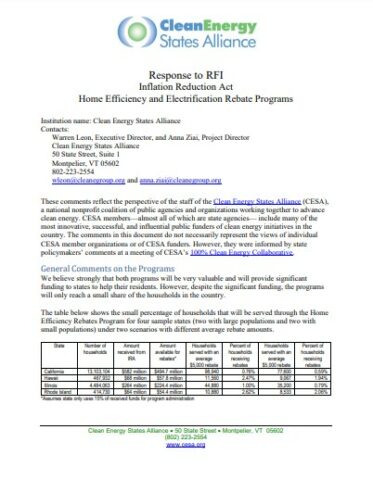
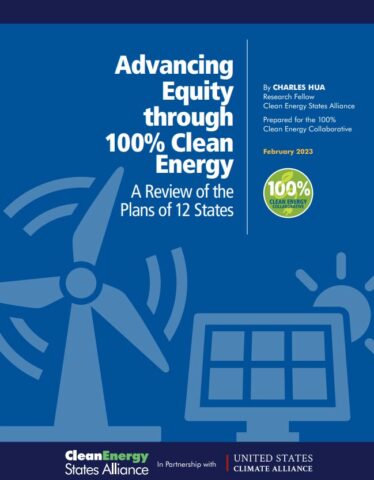
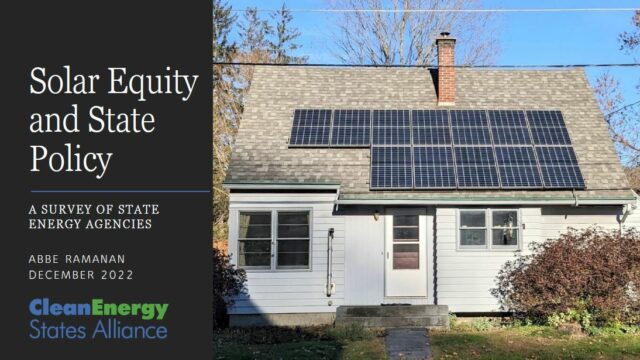
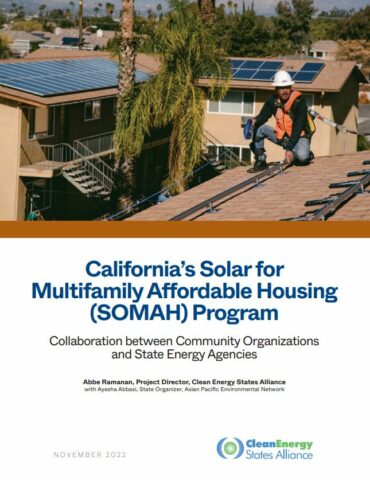
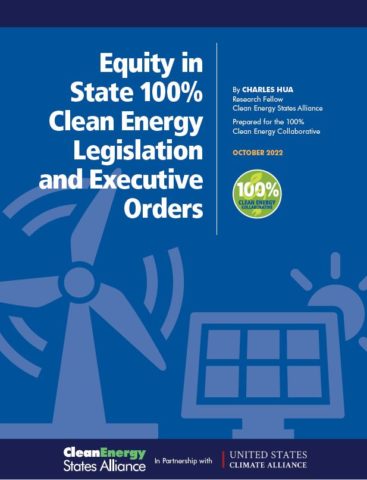
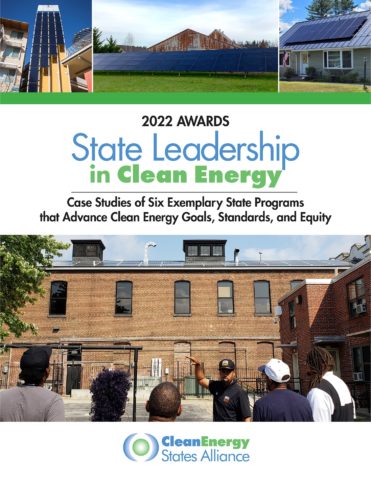
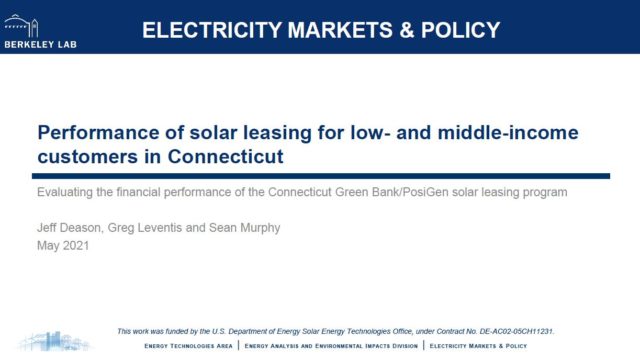
Comments on the Solar for All Competition of the Greenhouse Gas Reduction Fund
CESA submitted comments to the EPA regarding the Greenhouse Gas Reduction Fund Implementation Framework, authorized under the IRA. The comments chiefly pertain to the Solar for All Competition but also relate to some of the requirements set under the GGRF Framework applicable to all three competitions.